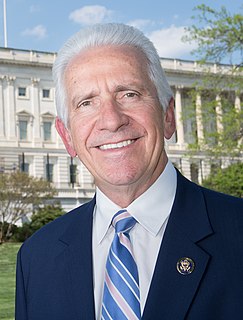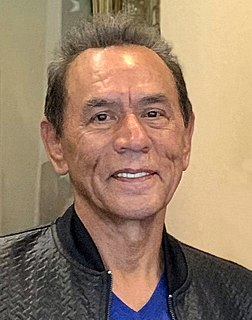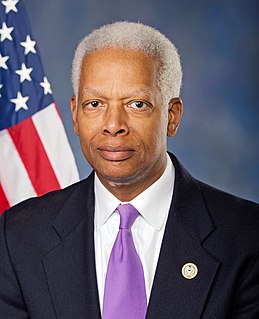A Quote by Jim Costa
Too often, Indian tribes are at the mercy of the shifting political winds of State government.
Quote Topics
Related Quotes
We, as Indian tribes, should be able to prosecute non-Indians on tribal lands. But on Indian land, we have no ability to prosecute anyone but another Indian. American Indians having status as a foreign nation is good for us, but it's not good in some ways if we don't have the jurisdictional power that the federal government claims.
So what? A lobbyist cheated Indian tribes out of $25 million then laundered their money through phony Christian charities trying to stop other Indian tribes from getting casinos [on screen: 'Thou Shalt Not Compete'] and bribe congressmen in the process. Know what I call that? I call that business as usual in Washington. [on screen: 'Screwing Indians']
One was a horrible case called Oliphant v. Suquamish Indian Tribe which denied tribes the right to criminally prosecute non-Indians who commit crimes on their reservations. That decision has had horrible consequences for law enforcement on Indian reservations. But in that opinion Justice William Rehnquist cites language from the 1830s to explain why whites didn't trust tribes to exercise criminal jurisdiction. They were savages.
For the power given to Congress by the Constitution does not extend to the internal regulation of the commerce of a State (that is to say, of the commerce between citizen and citizen,) which remain exclusively with its own legislature; but to its external commerce only, that is to say, its commerce with another State, or with foreign nations, or with the Indian tribes.
Our government, National and State, must be freed from the sinister influence or control of special interests. Exactly as the special interests of cotton and slavery threatened our political integrity before the Civil War, so now the great special business interests too often control and corrupt the men and methods of government for their own profit. We must drive the special interests out of politics.
The case of Johnson v. M'Intosh is exactly why Congress can pass legislation as it did with the Rio Tinto land mine deal because Congress took the land from the tribes, ignores their sacred connections to it, their cultural connections and does whatever it wants with it. Congress terminated tribal status for more than 100 tribes. Basically said, you're not a tribe anymore and we're not going to pay attention to the treaties. The Supreme Court has held that when Congress breaches a treaty with an Indian tribe it's not judicially reviewable. It's called a political question.
































